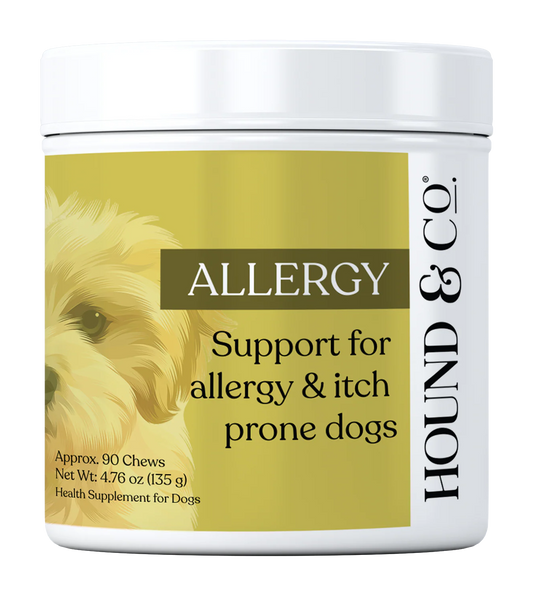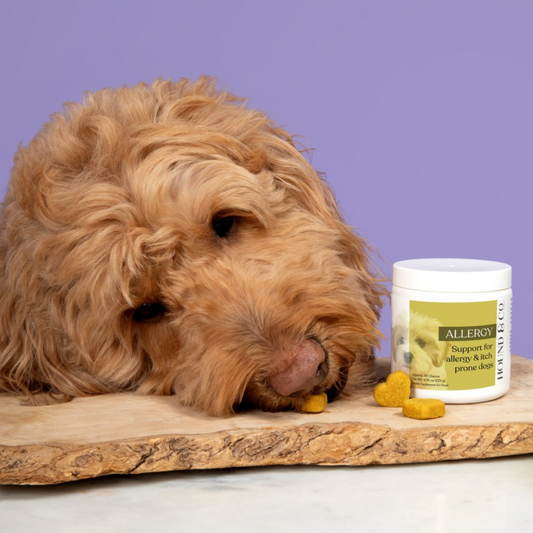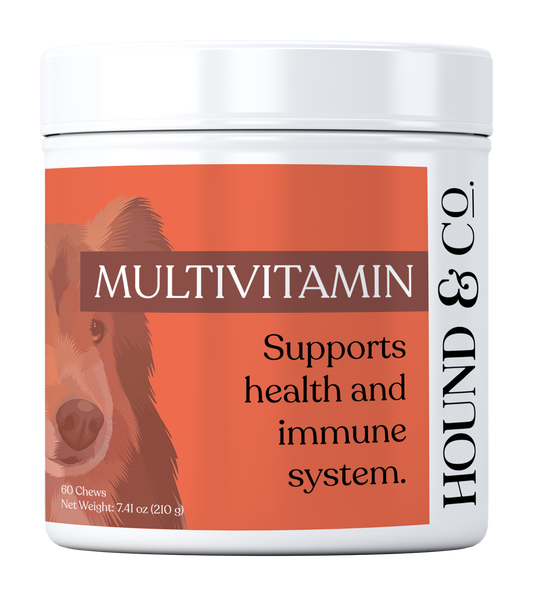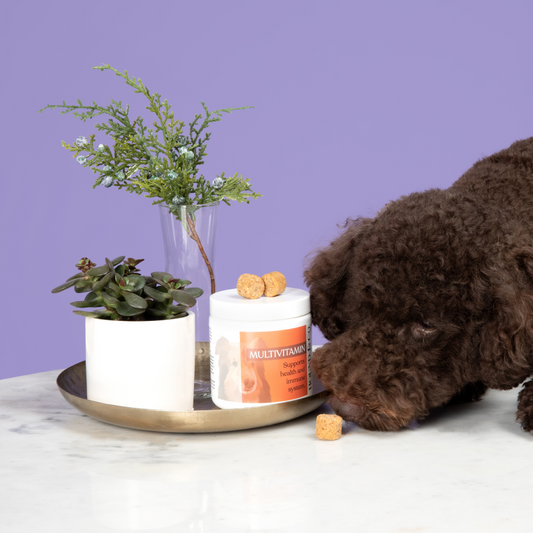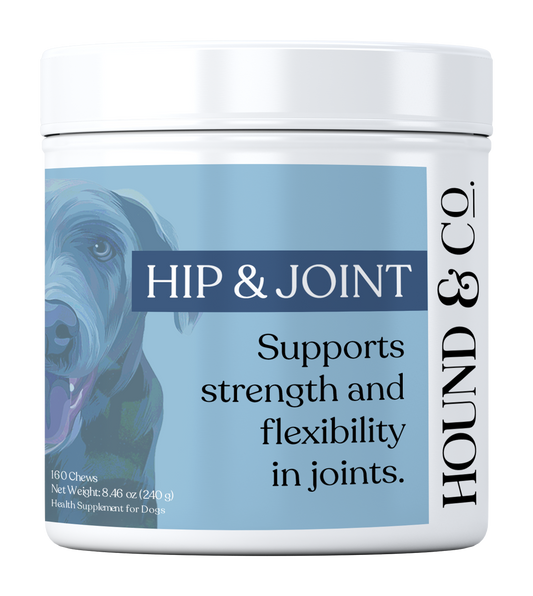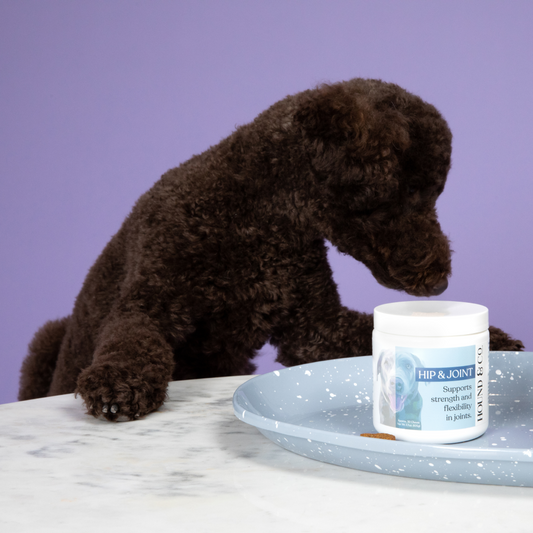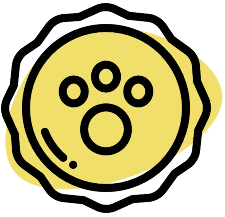Why Do Dogs Sniff Everything? A Nose-Level Look at Their World
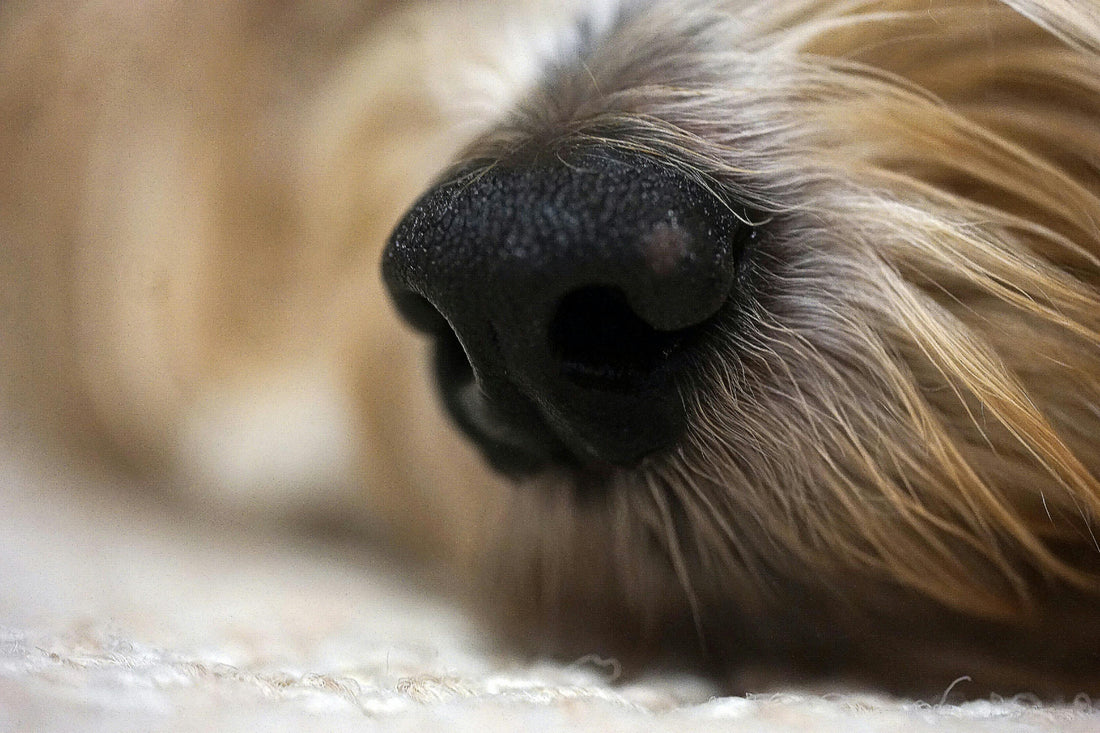
Vet Reviewed by Dr. Jacob Klos, DVM

Why Sniffing Matters to Dogs
To humans, the world is seen through the eyes. But to dogs, it's experienced through the nose. In fact, your dog’s sense of smell is up to 100,000 times more sensitive than yours. That means when your dog stops to sniff, they’re doing more than satisfying curiosity—they’re processing a flood of information about their environment.
What Is Your Dog “Reading” When They Sniff?
Every surface, scent trail, and breeze carries information. When your dog sniffs a spot, they’re likely identifying:
- What animals or people passed by (and when)
- Whether those animals were stressed, excited, or fearful
- Territorial markings or mating signals
- Food sources, danger zones, or interesting changes
Think of it like reading a detailed neighborhood bulletin board—but in scent form. A single lamppost might tell your pup more than a human could gather in an entire conversation.
Sniffing as Mental Exercise
Sniffing doesn’t just satisfy curiosity—it provides vital mental stimulation. Dogs use scent to engage their brains, reduce anxiety, and even problem-solve. In fact, sniffing can be so satisfying that many trainers consider it a form of enrichment on par with physical exercise.
If your dog comes home from a “sniffy walk,” they may be just as tired as if they’d been running or fetching.
Is Excessive Sniffing a Problem?
In most cases, no. Sniffing is healthy and natural. But if it feels like your dog can’t focus, constantly pulls to sniff, or freezes in place for long periods, you can set boundaries without eliminating the behavior completely.
Try using cues like “Let’s go” or “Sniff time!” to create structure. Allow free sniffing in some areas, and practice focused walking in others. Think of it as giving your dog chapters in their “scent story”—with commercial breaks in between.
Final Thoughts: Let That Nose Work
Next time your dog stops to sniff a bush, hydrant, or pile of leaves, try to see it through their nose instead of your eyes. They’re not ignoring you—they’re gathering information, exploring the world, and keeping their mind sharp.
So while it’s okay to set limits, giving your pup regular sniffing opportunities is one of the kindest things you can do for their overall health and happiness.
Let them sniff. It’s how they understand the world—and it brings them joy.



